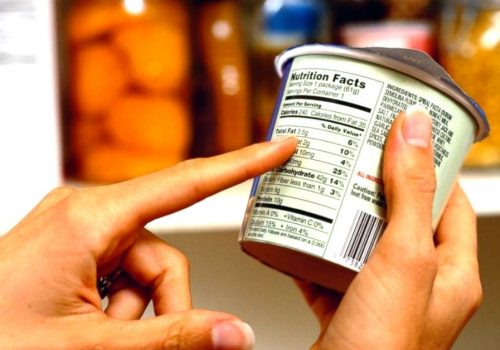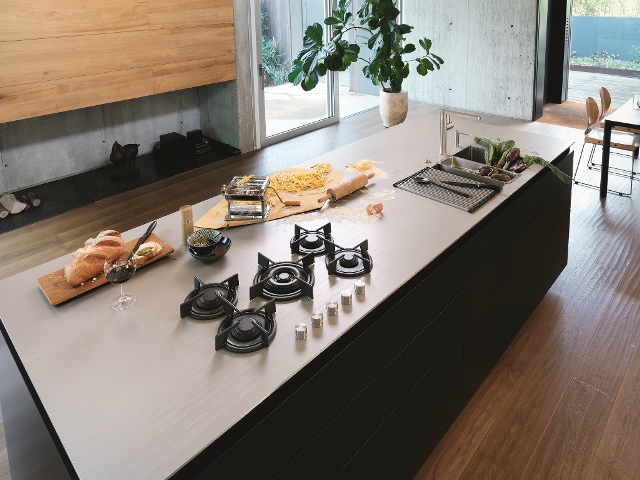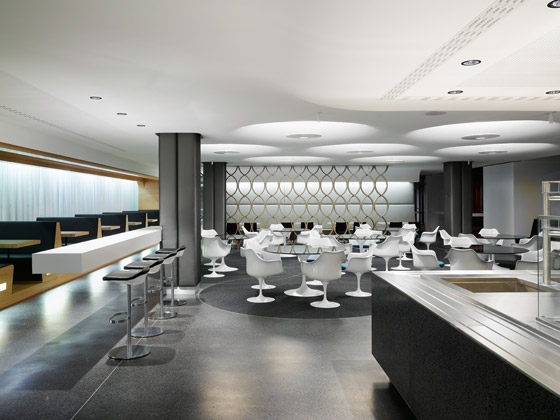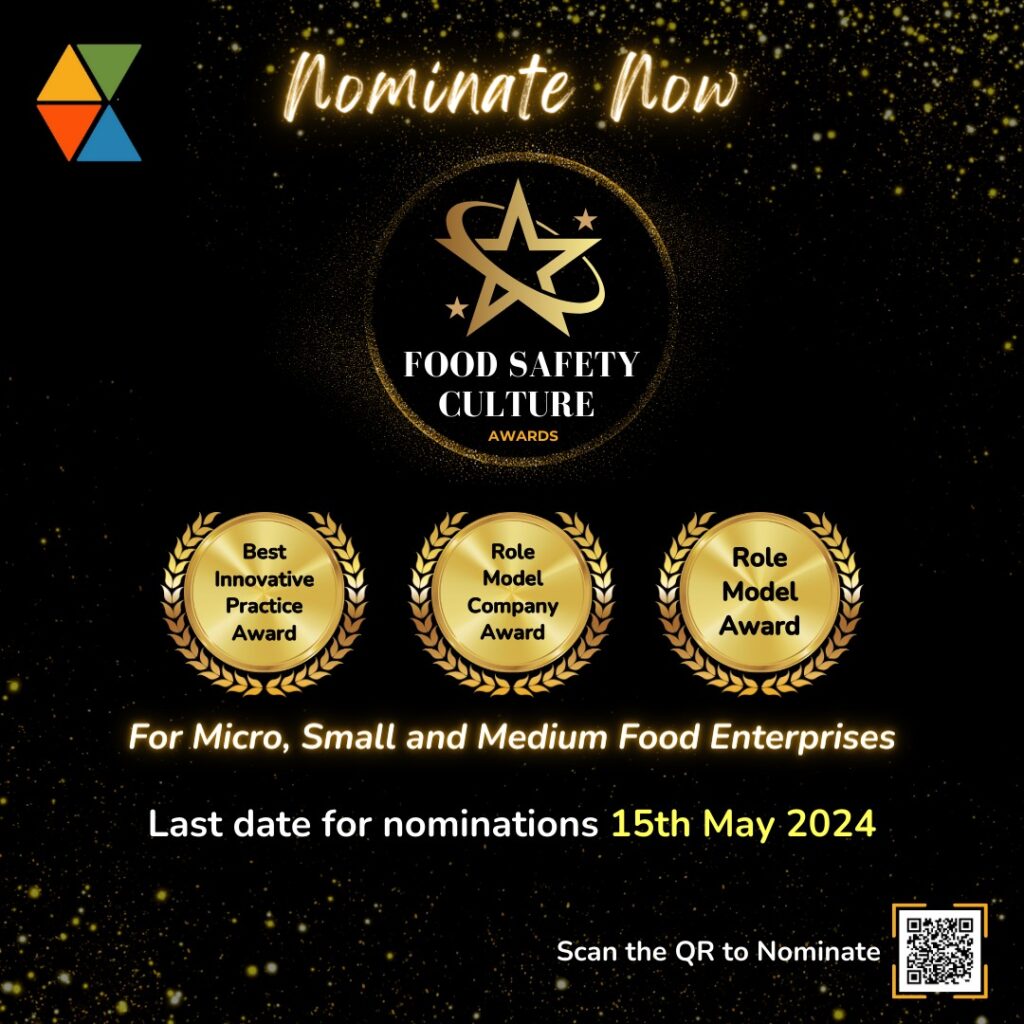Plant Design
A key aspect to implementing a FSMS is having a design that enables the right flows to reduce cross contamination. Another important aspect where most designs fail is in predicting the space requirements at the various stages of production. So we work with our clients in during the design phase to set the right requirements for the infrastructure which would enable them to build an effective system.
We Incorporate the requirements of standards like GMP, HACCP, FSSC22000 and FSSAI into our design so that you stay compliant and implementing systems and processes does not become an extra burden.
Package & Label Design
If you are launching a new product into the market, it is imperative that you comply with the Legal Metrology, FSSAI Packaging and Labeling regulations and FSSAI Advertising and claims regulation. We help manufacturers and packaging companies ensure that they meet the regulations of the country.
If you intend to import the products, the products need to comply with the same regulations. Additionally, they need to fit into the category including the list of ingredients that are used in the product. We can help you ensure that the product is compliant so that you do not get a surprise after the product lands at the port. time and space.

Organization Design

Companies often struggle with putting together an effective organization, control and monitoring systems for the quality deapartment. If you are a large organization with multiple locations, making sure that the quality organization delivers on its deliverables can be difficult.
We can design a effective management and reporting systems, explore synergies between the various units and do a cost benefit analysis for centralizing vs distributed decision making for the various functions.
Kitchen Design
The Indian palate brings a lot of complexity into the cooking process. Any given day, a kitchen could be preparing 80 to 100 dishes, each with its ingredient list ranging from at least 15 to 20 ingredients. Not to mention that a lot of the ingredients consists of fresh produce. The process to make these happen is no mean feat and designing a kitchen that can take care of food safety requires special skills. Here is where our insights of the Indian food systems and our learning from our QA activities gives us an edge in designing kitchens which enable the complexity, yet take care of the food safety. We work with the chef team to gather the requirements and create a design that enables efficient management of time and space.

Cafeteria Design

It is not just about the taste, but also about nutrition, variety and the overall experience. Great food on the menu can still leave a bad taste due to long wait times or because you cannot find a space in the cafeteria. This requires an integrated approach to cafeteria design. We start with demand estimation, in terms of both quantity and variety. We can then use the data to build a model to predict the space requirement and expected flow which can be further refined by factoring in the constraints. The model can then be adjusted to arrive at a required user experience.
Lab Design
Having an in house lab can significantly reduce the turnaround time for conducting the tests for raw material, finished products or in process samples. This means lower inventory waiting to be processed or finished products waiting to be shipped. We can help setup an in-house lab which will take care of the tests to be done. We can also help setup the systems and processes for getting the lab accredited by NABL (National Accreditation Board for Testing and Calibration Laboratories, India).

